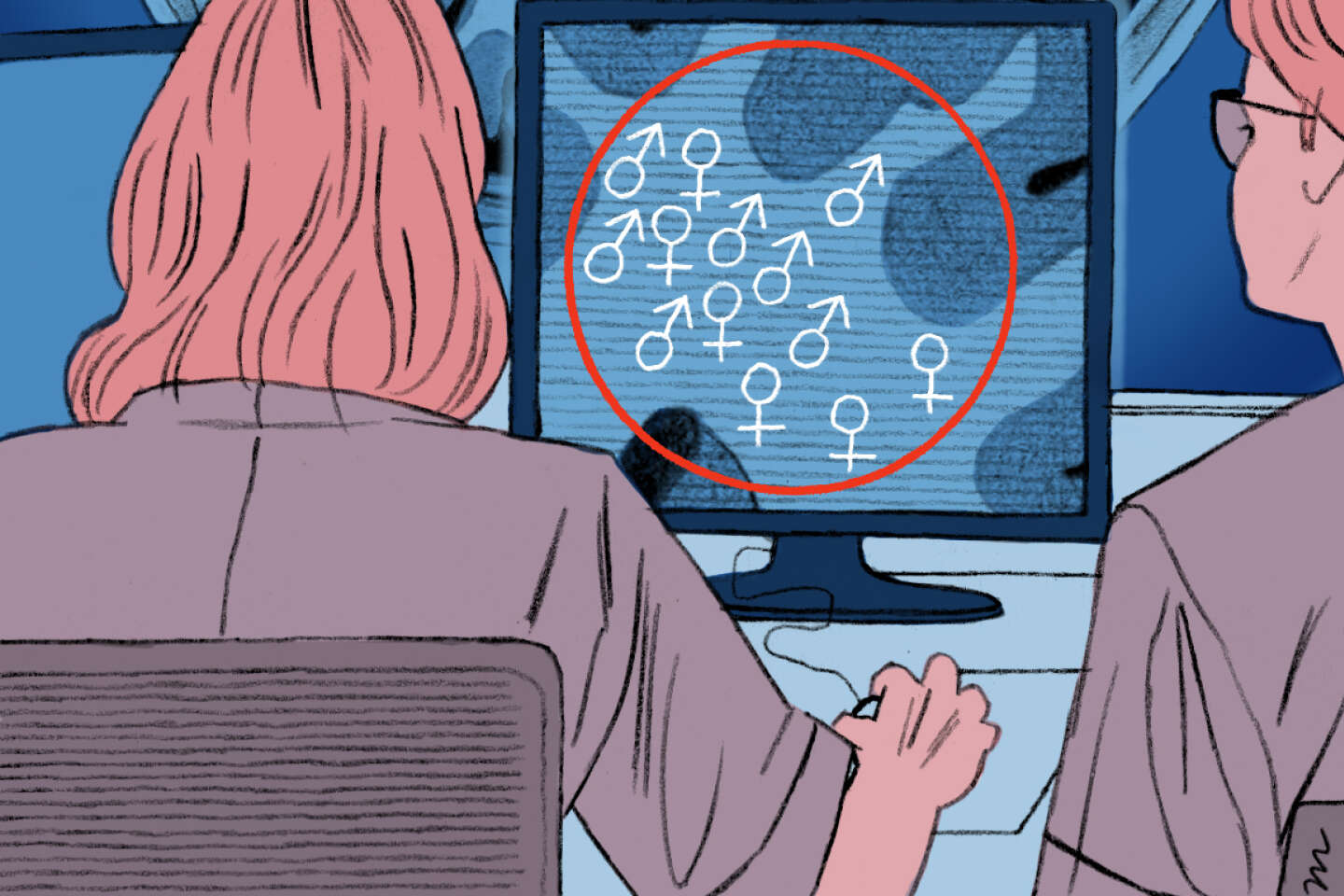To ban or not to ban TikTok, an American dilemma – Technologist
Is TikTok a threat to US democracy? If the House of Representatives is to be believed, the answer – yes – is without doubt. In a country more polarized than ever, no fewer than 352 representatives approved a bill on March 13 requiring the Chinese company ByteDance, which owns this short-form video platform, to either sell its American subsidiary to an American owner or close it down. Only 65 representatives voted against it.
Admittedly, the bill still has to pass the Senate, which seems in no hurry to examine it, and then be signed into law by Joe Biden, who has already said that he will sign it if it lands on his desk. On April 2, during a phone call with his Chinese counterpart, Xi Jinping, the American president reiterated his concern about TikTok.
What problem do the Americans see with the platform, which has almost 150 million users in the US? For Mike Gallagher, the Republican representative behind the bill, TikTok is dangerous on two fronts. It allows Americans to be spied on by geolocating them and mining their data, and it represents a “propaganda threat.”
“If TikTok continues to establish itself as the dominant news platform in America and if the algorithm remains a black box and subject to the control of ByteDance and, by extension, the Chinese Communist Party, you’re placing the control of information — like what information America’s youth gets — in the hands of America’s foremost adversary,” Gallagher said recently to The New York Times. Gallagher is one of the People’s Republic of China’s fiercest opponents in Congress.
A compelling argument
To date, the US administration has never proven the ideological bias of TikTok’s algorithms. However, the threat exists. In Taiwan, disinformation specialists have no trouble proving that TikTok systematically highlights videos hostile to the ruling Democratic Progressive Party (DPP), known for its opposition to Beijing. If the proposed law to “Americanize” or ban TikTok were adopted, it would be a major blow for its Chinese parent company. Other countries would then have to take a stand in turn, and the app, with its 1.7 billion users, would become a symbol of the decoupling of the global economy.
But there’s no guarantee that the US would come out on top. It is proof of the dilemma’s difficulty that both Biden and Donald Trump have flip-flopped on this issue. When Trump was in the White House, he had already tried to ban TikTok through a simple executive order. Today, aware of the platform’s popularity among young people, the Republican presidential candidate is hostile to the proposal, despite many of his supporters supporting it.
You have 49.63% of this article left to read. The rest is for subscribers only.


